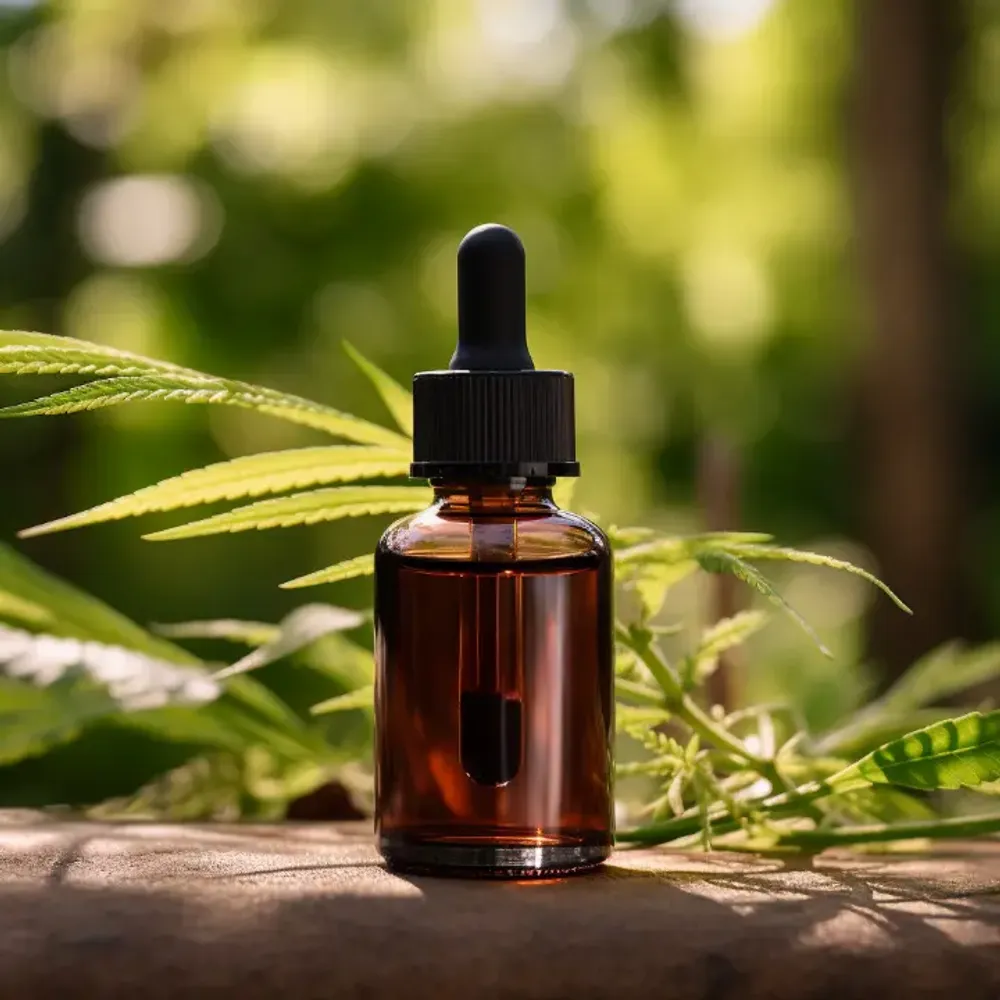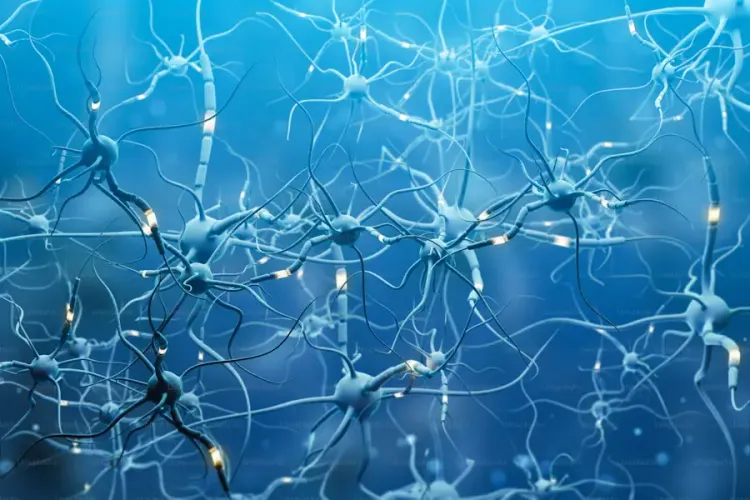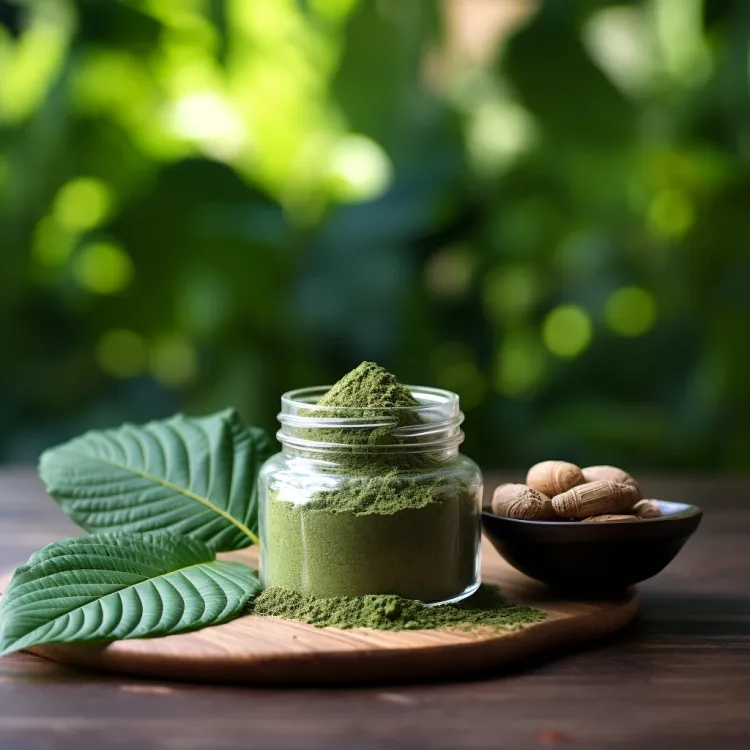Anxiety And The Endocannabinoid System
CBD Oil 01-02-2024

Anxiety disorders are very common. Approximately 1 in 4 New Zealanders will be affected by an anxiety disorder at some stage in their lives. At any one time, 15% of the population will be affected.
The Endocannabinoid System (ECS)
Your body has a biological system called the Endocannabinoid System (ECS) which comprises of cannabinoid receptors, enzymes and endocannabinoids (cannabinoids that your body makes).
Cannabinoids in Full Spectrum Oil bind to cannabinoid receptors in the brain, and internal stomach lining - which is linked to the brain via the vagus nerve, producing a calm and relaxing state in the body.
What The Research Says
Research has shown that Full Spectrum Oil interacts with CB1R (the serotonin receptor in your brain) by inhibiting limbic and nervous system triggers and patterns. Full Spectrum Oil interacts with other receptors in the brain that regulate fear, depression or anxiety induced behaviours (such as OCD behaviours).
Clinical studies have shown that Full Spectrum Oil can have a positive effect on:
- Generalised Anxiety Disorders (GAD)
- Post Traumatic Stress Disorder (PTSD)
- Complex Post Traumatic Stress Disorder (CPTSD)
- Panic Disorders (PD)
- Social Anxiety Disorder (SAD)
A 2020 clinical study in New Zealand on 400 adults of regular Full Spectrum Oil usage - 70% of users noted an improvement in symptoms and in their overall health. After 2 months that percentage had gone up to 80% of users noting improvements. Full Spectrum Oil is also “devoid of abuse potential” meaning it is non-addictive, unlike other anti-anxiety medications.
Tips For Those With Anxiety
- Full Spectrum CBD Oil taken orally or via your food daily. This needs to be taken daily over a period of time at the correct dosage for you. Online ordering is here https://nzherbalhealth.com/products/full-spectrum-cbd-oil
- We have the highest dose CBD oil available in New Zealand.
Heal your Gut (your second brain).
Cut down on gluten and sugar. Both are linked to gut lining damage and send the vagus nerve into fight or flight mode. Low carb meal plans are always good for those who have anxiety. Low Carb eating plans will heal your hormones and your gut lining.
Cut down on Alcohol
If you have anxiety and drink alcohol - I strongly recommend going 60 days alcohol free and you will see a lot of your symptoms improve. Alcohol is a depressant and may make you feel better for the short term, but long term it will always make your anxiety worse. All the good food and CBD Oil in the world won’t help if you are still consuming alcohol regularly.
Cut down on caffeine (coffee, tea and green tea)
You don’t have to totally elimate caffeine per-say, but be mindful of your use. Caffeine sets off a response in the nervous system & limbic system. It basically puts the body into “fight or flight mode” - which is OK if you are about to fight off an bear - BUT if you drink coffee and then sit for hours in your office, it will leave you feeling anxious.
Improve your Sleep/Wake cycle
Going to bed at the same time and waking at the same time every day has been shown to be very beneficial to support the nervous system & limbic System.
Get enough Potassium & Other Minerals
Potassium deficiency has been shown in studies to correlate to mood disorders like anxiety and depression. Our soils are so depleted and nobody talks about it! If you want to get enough potassium to fuel your cells and your body - you need to be having 10 cups of green vegetables per day, which is unrealistic. So a better alternative is to try supplementing with these minerals from trusted sources.
Exercise!
There is good research showing that physical exercise improves physical and mental health, including anxiety and depression. People who exercise are less likely to have an anxiety disorder, and exercise naturally increases some of the brain proteins that help us learn that we are safe.
Sauna
For the most part, people don’t like to get hot. But here’s the surprise: increasing your core temperature for short bursts is not only healthful, it can also dramatically improve performance.
When you spend time in a sauna, the heat can work wonders on your cortisol levels, the primary stress hormone in the body. Studies show that as your body temperature rises, cortisol levels drop, relaxing tense muscles and calming your mind. Sauna therapy has also been proven to affect your brain directly, partly due to the activation of heat shock proteins.

Saunas not only contribute to physical relaxation but also play a significant role in alleviating anxiety. The heat-induced relaxation response extends to the central nervous system, where sauna sessions can help regulate neurotransmitters such as serotonin and endorphins. These feel-good chemicals are associated with improved mood and reduced anxiety levels. Furthermore, the meditative and tranquil environment of a sauna provides a mental escape, allowing individuals to unwind and release pent-up stress. Regular sauna use has shown promise in promoting a sense of well-being and contributing to a more balanced mental state, making it a holistic approach to addressing both physical and mental aspects of stress and anxiety.



